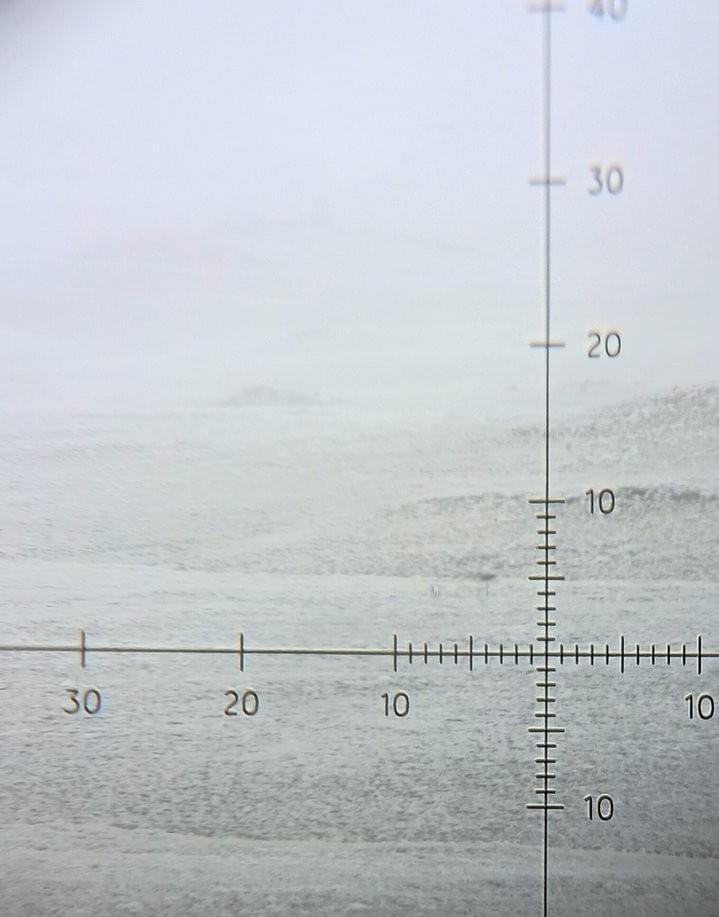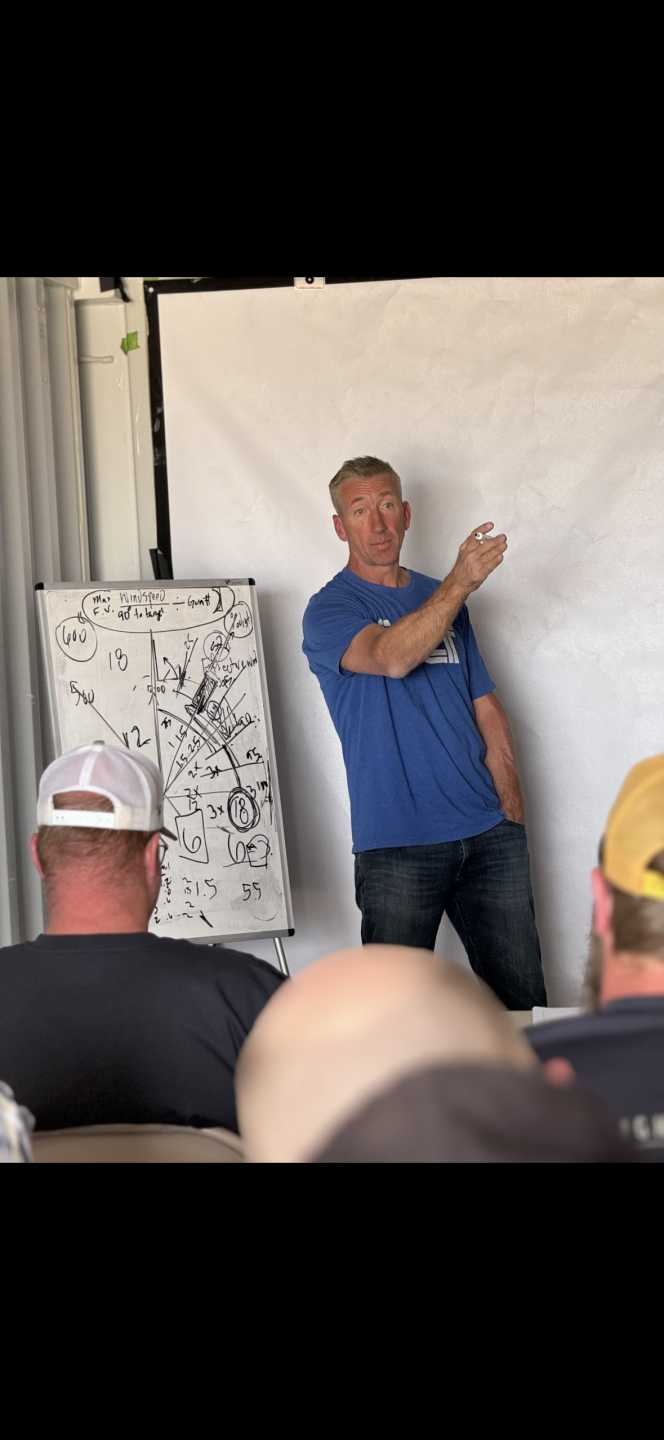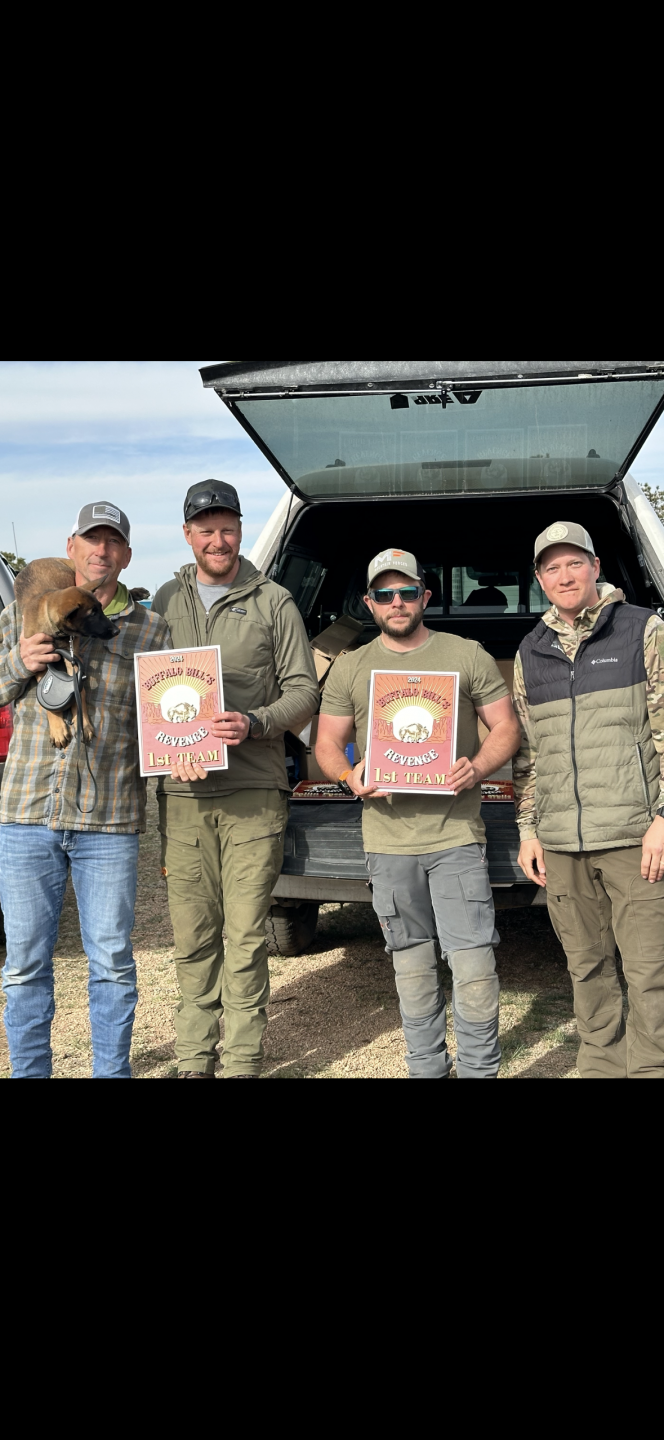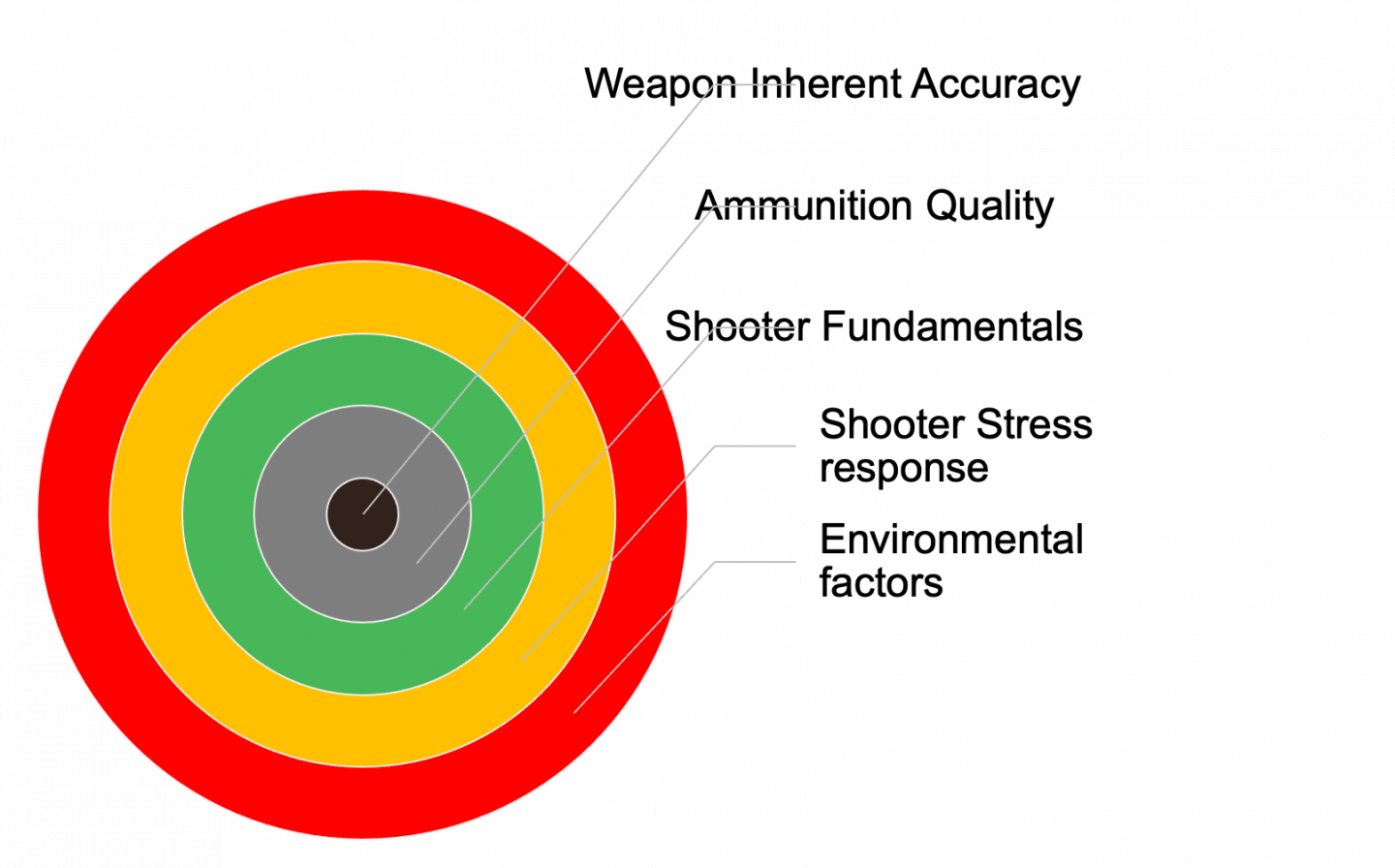Buffalo Bills Revenge

Competing in a Hunter match is rewarding and fun:
Having competed in numerous Hunter matches across seven states, I’ve experienced a wide array of competition layouts and styles. Always looking for ways to improve in our outlets, I was not let down at this match. This year, while I participated in only this event so far, I had the unique opportunity to compete on a team and serve as a Range Officer (RO) at the Buffalo Bills Revenge NRL Hunter competition. Through this dual role, I gained valuable insights that could help both seasoned competitors and those new to these events enhance their skills and strategic approaches.
The Competition Landscape:

NRL Hunter matches challenge competitors to employ a variety of intricate skills within a tight timeframe. Typically, individuals or teams have only a short time to move from a holding area to the stage where they must quickly locate, range, and engage targets before time runs out. This setting tests the competitors’ mental and physical agility and adaptiveness, qualities that were particularly pivotal during the Buffalo Bills Revenge. The unique stage setups and the environmental conditions of this match presented specific challenges that underscored the importance of preparation and strategy for the skills that are tested.
Observing Performance Trends:

One standout feature of the competition was the noticeably lower hit percentages compared to other national matches of the type. For instance, while average hit rates at similar events often exceed 80%, they dipped below 60% at this competition. This significant decrease sparked my interest in deeper analysis, leading me to identify several key factors influencing performance: the general shared knowledge within the community, experiential insights gained from direct participation, and mental strategies impacting competitors’ approaches and outcomes. Each of these elements plays a crucial role in shaping how competitors prepare for and react during the matches.
Challenges and Strategies for Improvement:

The competition’s weather conditions varied dramatically from snowy and overcast on Friday, creating flat lighting and low visibility, to clear and sunny by Sunday, offering better contrast but not necessarily improving performance. This variation was crucial in understanding how external conditions interact with a competitor’s mindset, skill versatility, and preparedness.
The primary issue for many was target acquisition speed in both locating targets as well as re locating in riflesope. Despite self-assessments suggesting proficiency, over half of the competitors struggled significantly in this skill alone, either failing to locate targets or re-engage them after initial contact. This widespread challenge underscores the need for focused practice on quickly locating and engaging targets using both binoculars and riflescopes.

Practical Advice for Future Competitors:

Drawing from my coaching experience with successful shooters, I recommend specific exercises to enhance operational efficiency and targeting skills:
- Develop a seamless transition from carrying to shooting, minimizing the need to adjust your stance or position. This improves not only speed but also accuracy under pressure. Practicing this transition can be as simple as setting up a series of targets at varying distances and working through the process of spotting and engaging each one as quickly as possible.
- Implement a comprehensive dry fire routine that encompasses all preparatory actions up to the point of trigger pull. This method helps build memory of seamless actions and reduces time spent on target acquisition. An effective drill involves using a set of simulated targets and working through the entire shooting process without live ammunition, focusing on improving time and accuracy with each repetition. Locate with binoculars, range, record data, get on rifle and test speed and ability to acquire target in a self-imposed clock.

It’s easy to think of a competition as simply marksmanship, but what separates good from great isn’t that.
Competing in NRL Hunter matches demands more than just marksmanship skill; it requires the rifleman to adapt quickly to both environmental conditions and match pressures. Equipment familiarity shows in time to find targets, time to transition to rifle, and time to engage successive shots. If you struggle with these youre not as familiar as you think you are. My key piece of advice is to focus on the process rather than past performances. Emphasize adaptability and meticulous attention to detail, as these factors are often what differentiate the top performers in challenging conditions.



